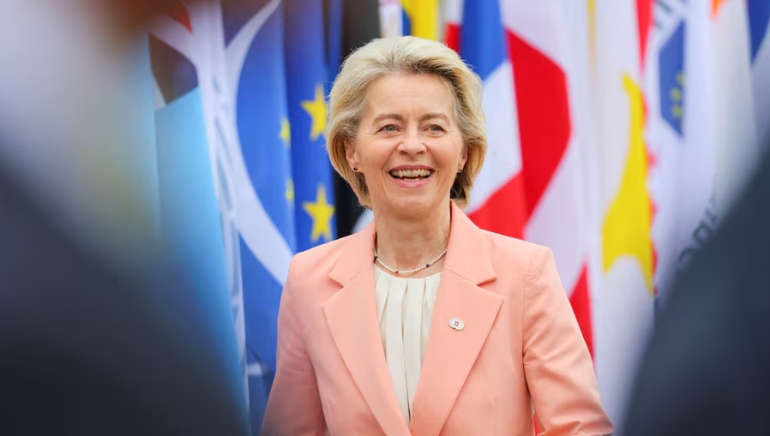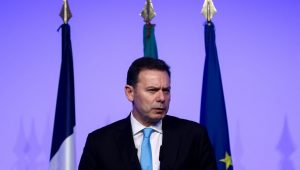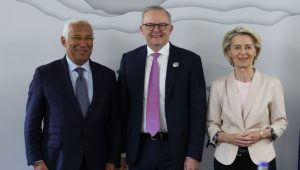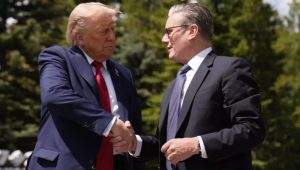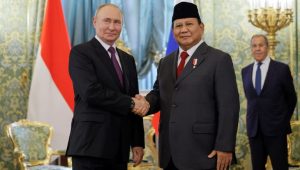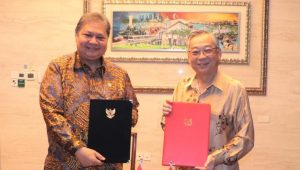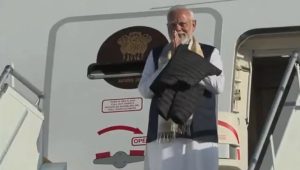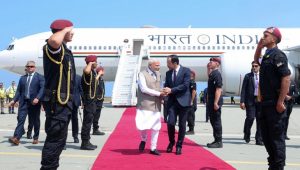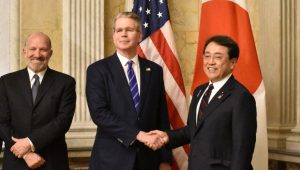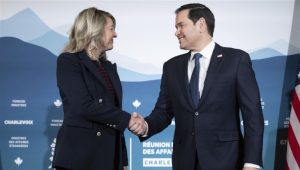In response to recent political upheavals across various member states, EU leaders chose Ursula von der Leyen for a second term as president of the European Commission. Gains for the far right in EU elections led to changes in political landscapes, most notably in France, which influenced summit deliberations.
German Chancellor Olaf Scholz and French President Emmanuel Macron expressed support for von der Leyen during the G7 meeting in Italy, indicating a consensus in advance of the official endorsement at the summit on June 27–28. The elections were most beneficial to von der Leyen’s European People’s Party (EPP), which strengthened her bid for a second, five-year term as head of the EU executive body.
Other important positions are those of high representative for international affairs (Josep Borrell) and president of the European Council (Charles Michel). Antonio Costa, the former prime minister of Portugal, is the clear favourite to lead the Council, notwithstanding his past political setbacks. Standing ready for the high representative position and indicating a strong stance against the EU’s eastern policies is Estonia’s current premier and opponent of the Kremlin, Kaja Kallas. It is anticipated that Roberta Metsola will remain President of the European Parliament.





